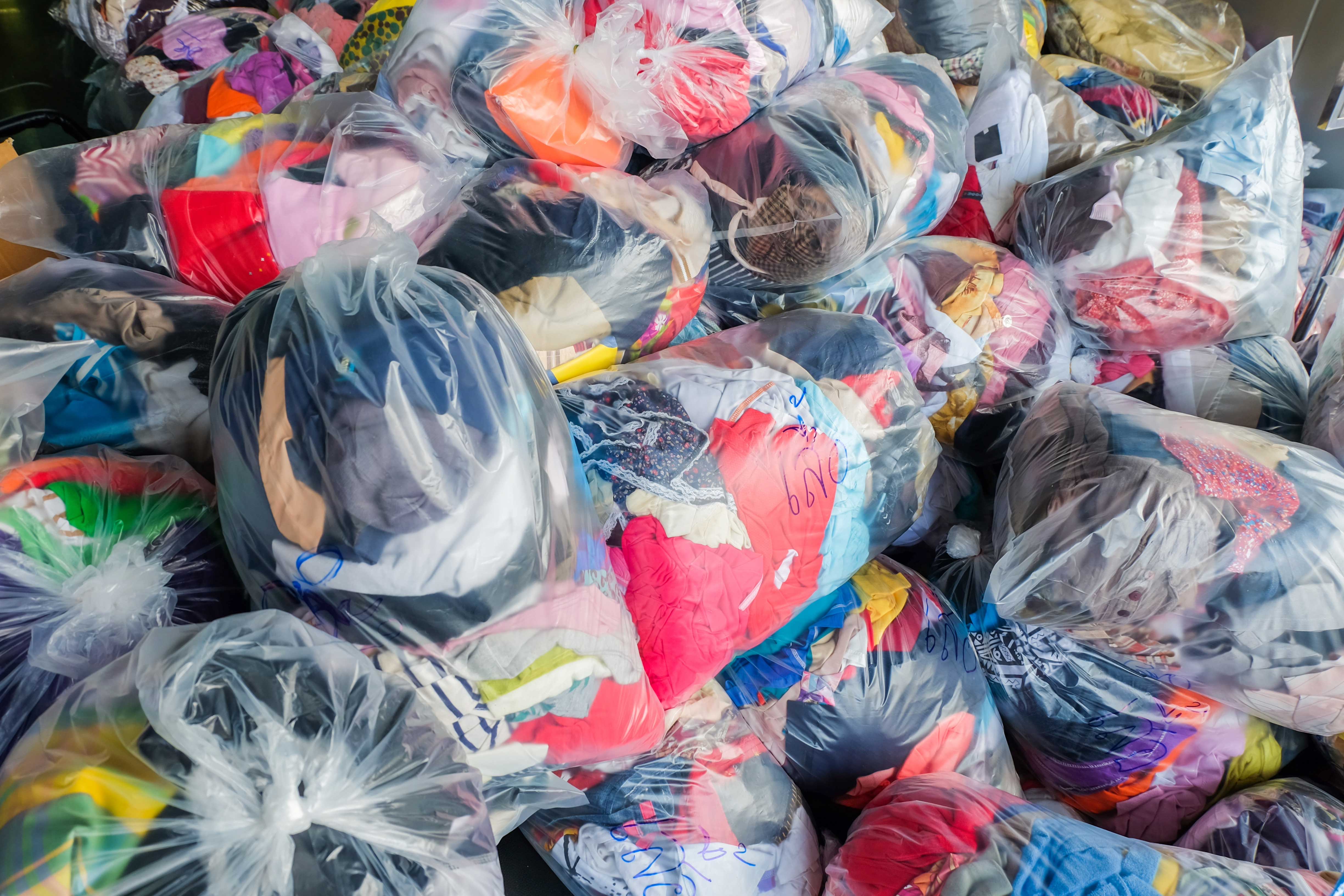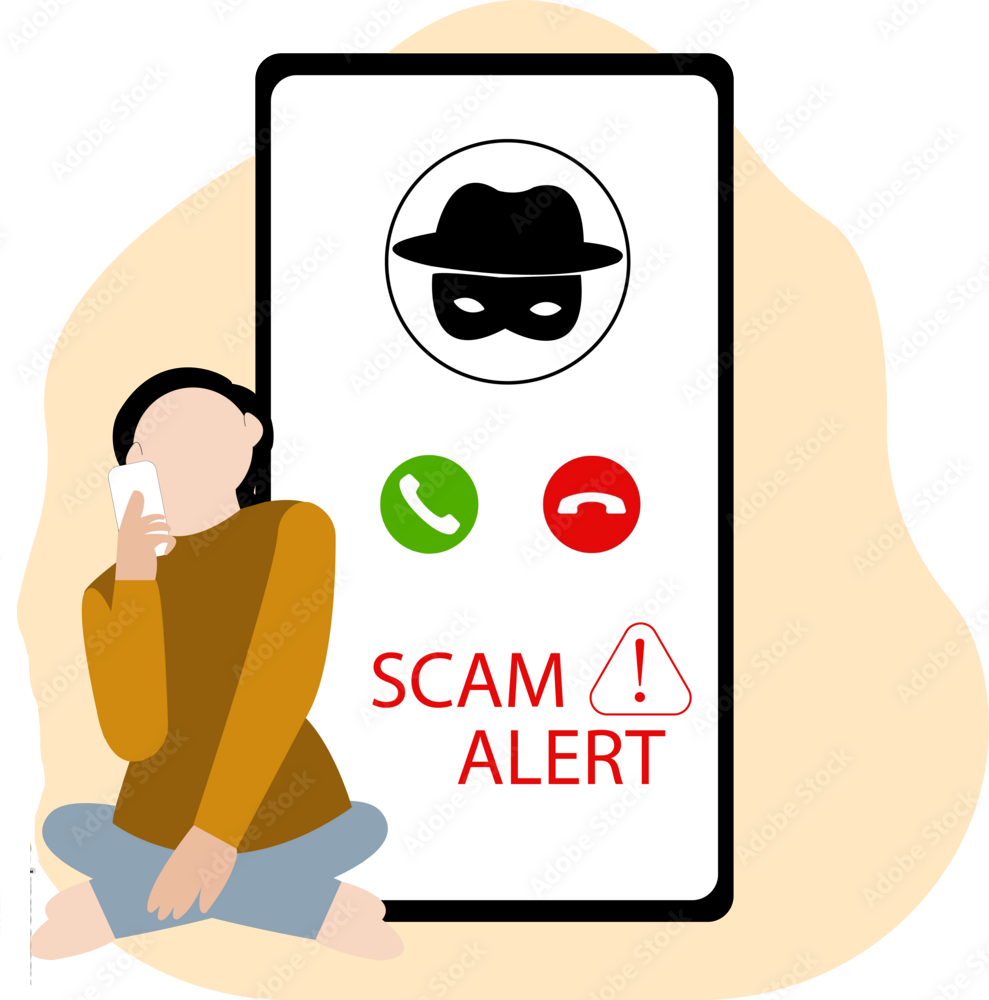Disaster Relief Donations
Donating Cash
Unless specific items are requested, the most effective donations are monetary contributions made to trusted disaster relief organizations. They should only be donated to TRUSTED organizations, like the United Way of Delaware or the Delaware VOAD, not individuals.
The State of Delaware and DEMA DO NOT collect monetary donations following disasters. We WILL NOT solicit donations. We rely on organizations like the United Way of Delaware to collect monetary donations which directly aid survivors.
Why Cash?
- Cash donations are fast, flexible, don't expire, and allow survivors to get what they need from wherever they can get it.
- Cash does not need to be sorted, stored, and is easily distributed.
- When spent, cash also helps the local economy recover.
- Survivors can use cash to purchase new, unused items, including fresh food.
- Cash prevents unneeded or expired items from being wasted
Donating Items

Unsolicited in-kind donations sometimes become the second disaster.
The daunting task of sorting, transporting, and storing goods uses up precious volunteer resources and funds.
When Asked For Items Follow These Tips
- Donated items should always be clean, unbroken, and sorted.
- Listen to the media for donation drop-off sites that are accepting donated items.
- New items in bulk are best.
Examples: pallets or cases of water, cases of laundry detergent, hygiene items, cleaning supplies, etc.
- DON'T bring your trash.
Not all trash is someone else's treasure. - DON'T clean out your closet, cabinets, storage areas, or bring items unsorted in trash bags.
This requires extensive volunteer manpower and hours to sort through, organize, store, and ship donated items. This detracts from relief work that may otherwise be used to aid survivors. - DON'T bring used clothing.
Used clothing is never needed.
Don't be Fooled by Scams

Be aware of scams in the form of disaster relief solicitors asking for donations. Examples can include fake charities soliciting cash donations through calls, emails, or even door-to-door.
- Research organizations and their purpose before donating.
- Make out checks or money orders to verified organizations only, never an individual.
- Be wary of excessive on-the-spot pressure for donations.
- Do not provide personal or financial information to anyone soliciting contributions.








